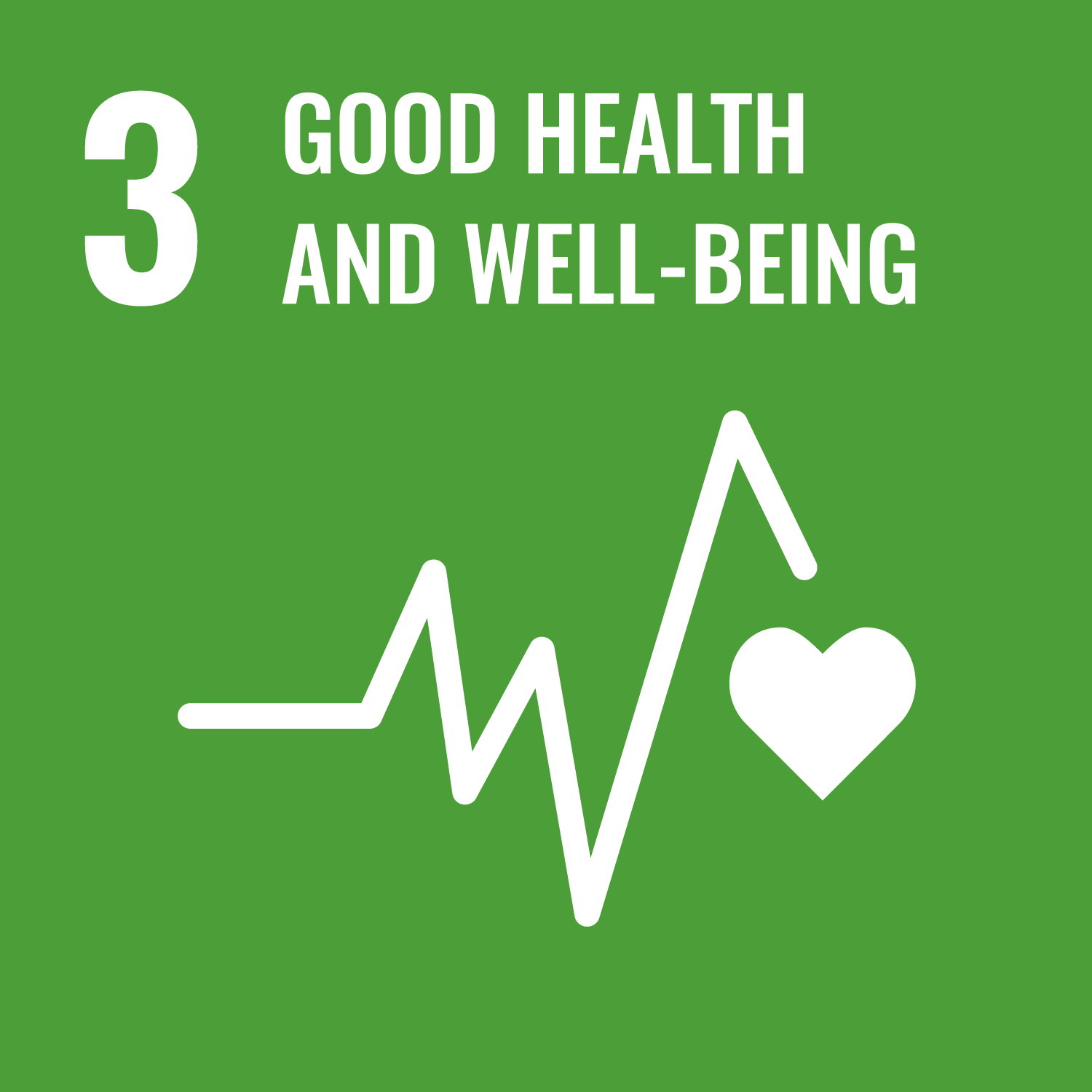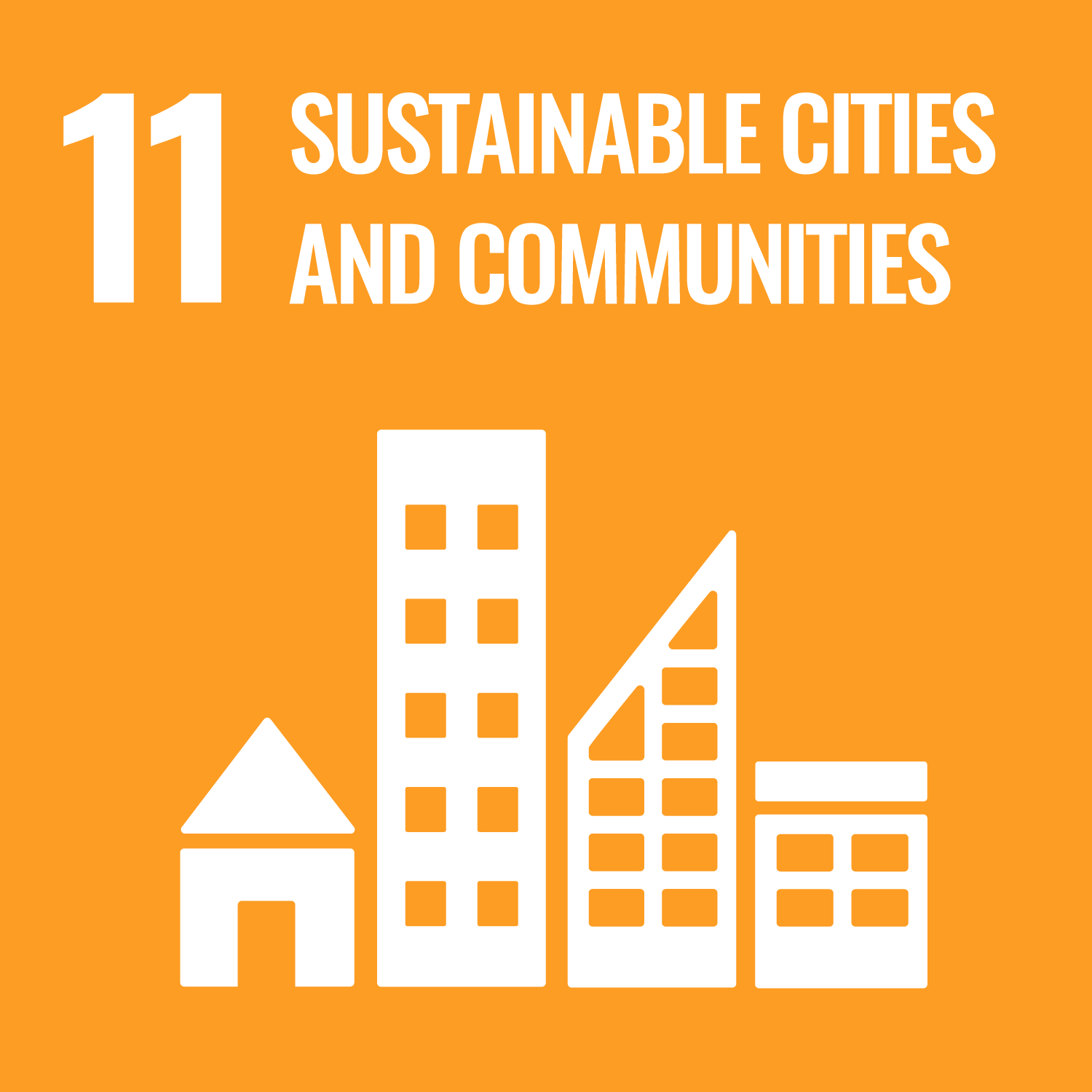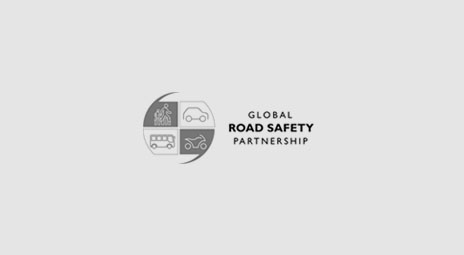Arab World marks the holy month of Ramadan with increased traffic safety measures
Throughout the Arab and Muslim world during the holy month of Ramadan, sunset each day marks the observance of Iftar. Iftar is the evening meal when Muslims break their fast, and traditionally, families and communities will gather together to celebrate.
Unfortunately, Ramadan is also a period each year which sees an increase in road crashes, deaths and injuries, and the majority of these road incidents take place immediately before, or during the Iftar meal.
Traffic policing departments across the MENA region report the same behaviours:
- increases in traffic congestion and rule violations each day as the sun begins to set;
- roads around malls, mosques and markets become clogged;
- more drivers over-speed, disobey traffic signals and talk on mobile phones while driving;
- and, pedestrians act imprudently and attempt dangerous road crossings.
The reasons behind the Ramadan road safety concern could be attributed to the following analysis: the fasting during Ramadan results in a major disruption to the regular daily routine. It can impact diet and digestion, which in turn can affect sleeping patterns. The follow-on effect for many can be seen in the behaviours of road users, particularly at the end of the day when people are rushing home for the Iftar meal. And with Ramadan occurring in summer for the past few years, the high temperatures have increased the risk of fatigue, and with it, the risk of crashes.
Accordingly, throughout the region, efforts and initiatives during Ramadan multiply to reduce the risks, bringing together the public sector, the private sector and civil society in united recognition of the importance of the road safety message.
- In Dubai, Sama Dubai TV in one of its programs targeting youth, ‘Shaabiat Al Cartoon’, will feature international Emirati rally driver Mohammed Ben Sulayem in an episode dedicated to Road Safety.
- In Tunisia, the ‘National Road Traffic Observatory’ launched an official Ramadan campaign.
- In Qatar and the UAE police are distributing Iftar packs.
- In Abu Dhabi, the event was placed under the slogan ‘Preserve your fasting’.
- Across the Arab World traffic policing agencies are intensifying deployment of patrols on traffic hot spots and check points are being set up to distribute educational and traffic awareness materials.
- In the Seiyun Yemeni city, volunteers from ‘Chabab Al Mustaqbal’ (Future Youth) are distributing meals to delayed road users in a campaign sponsored, among others, by oil company Total, one of GRSP’s distinguished partners.
- In Palestine, various radio programs will be aired urging drivers to abide by the laws. More than 20,000 students received training on safe street crossing, and importantly, some clerics have begun holding traffic awareness meetings in mosques.
- In Oman, the NGO ‘Safety First’ – led by former world rally champion Hamed al Wahaibi and international professional footballer and Oman team captain Ali al Habsi – is running an awareness campaign across social media platforms such as Facebook and Twitter, providing tips and road safety advice to drivers.
- In Lebanon, and many other countries, working hours in many organizations and companies are changed in order to allow employers to start their day earlier, and consequently, finish earlier, thus allowing them to avoid being in traffic at rush hour and with high fatigue physical condition.
“It is encouraging to see the cross-sectoral response to the issue. No one body can solve road safety alone. Just as the problem of road safety belongs to us all, so too does the solution,” concluded GRSP’s MENA Regional Manager, Samar Abouraad.
Related news




